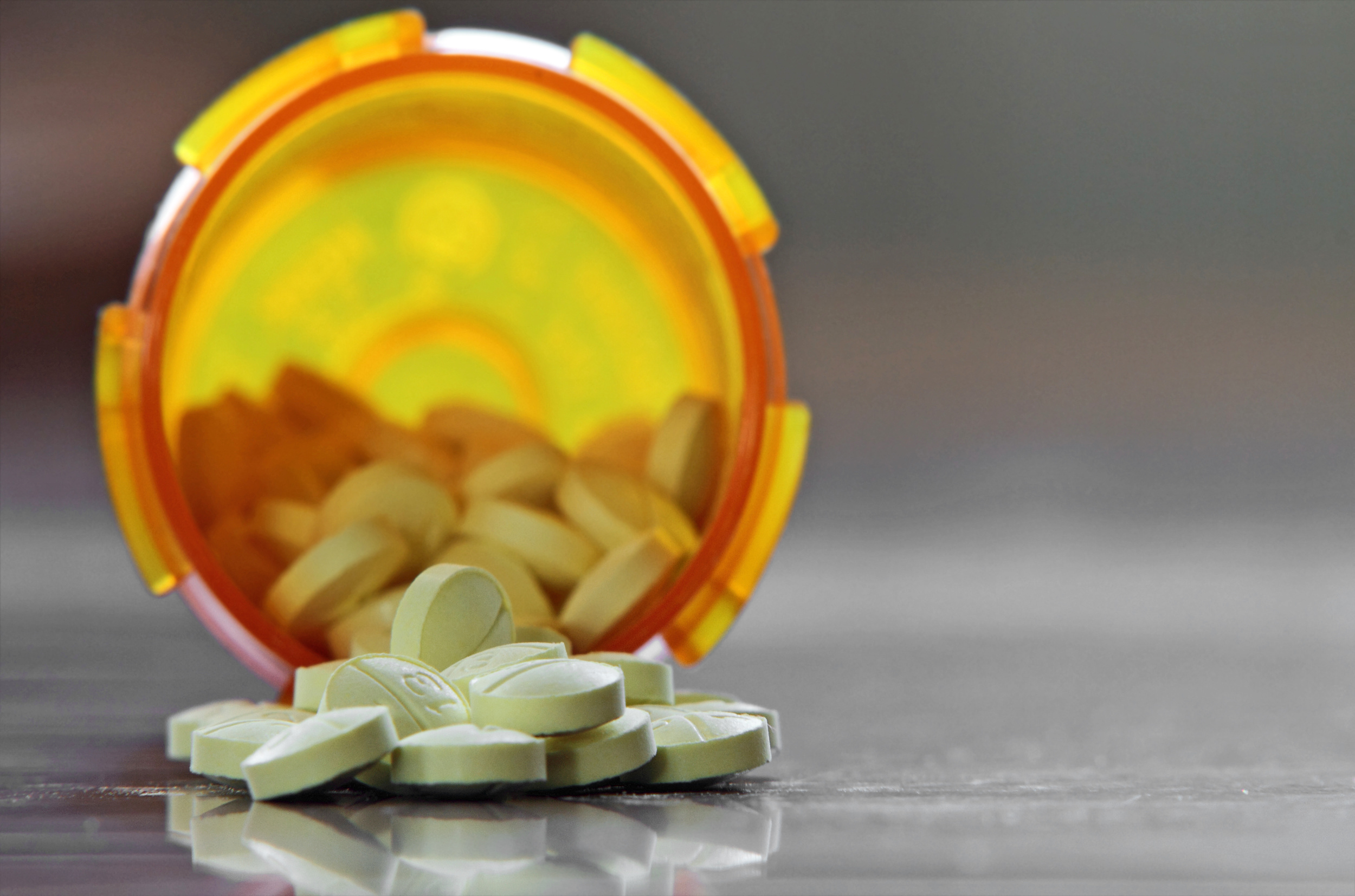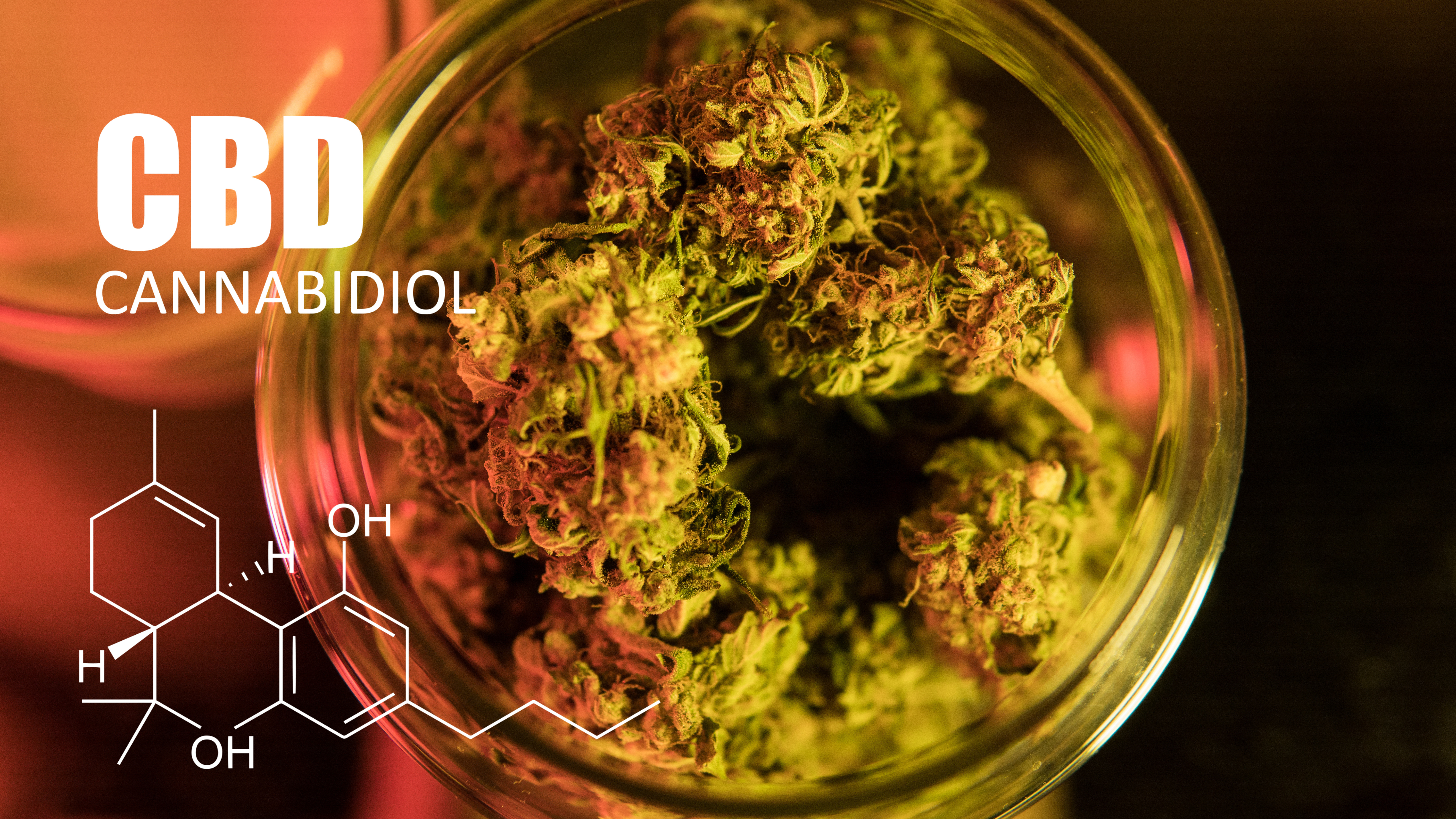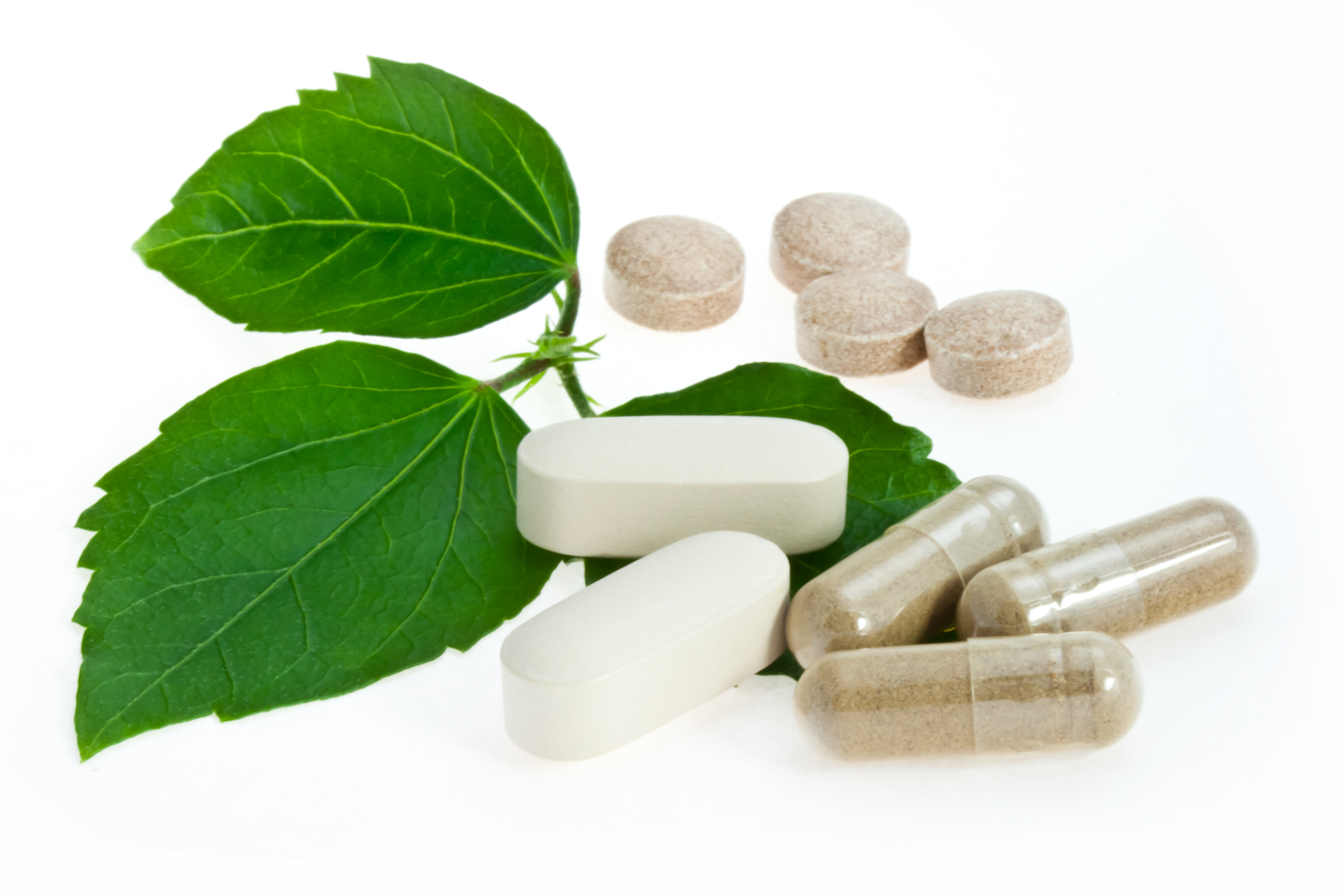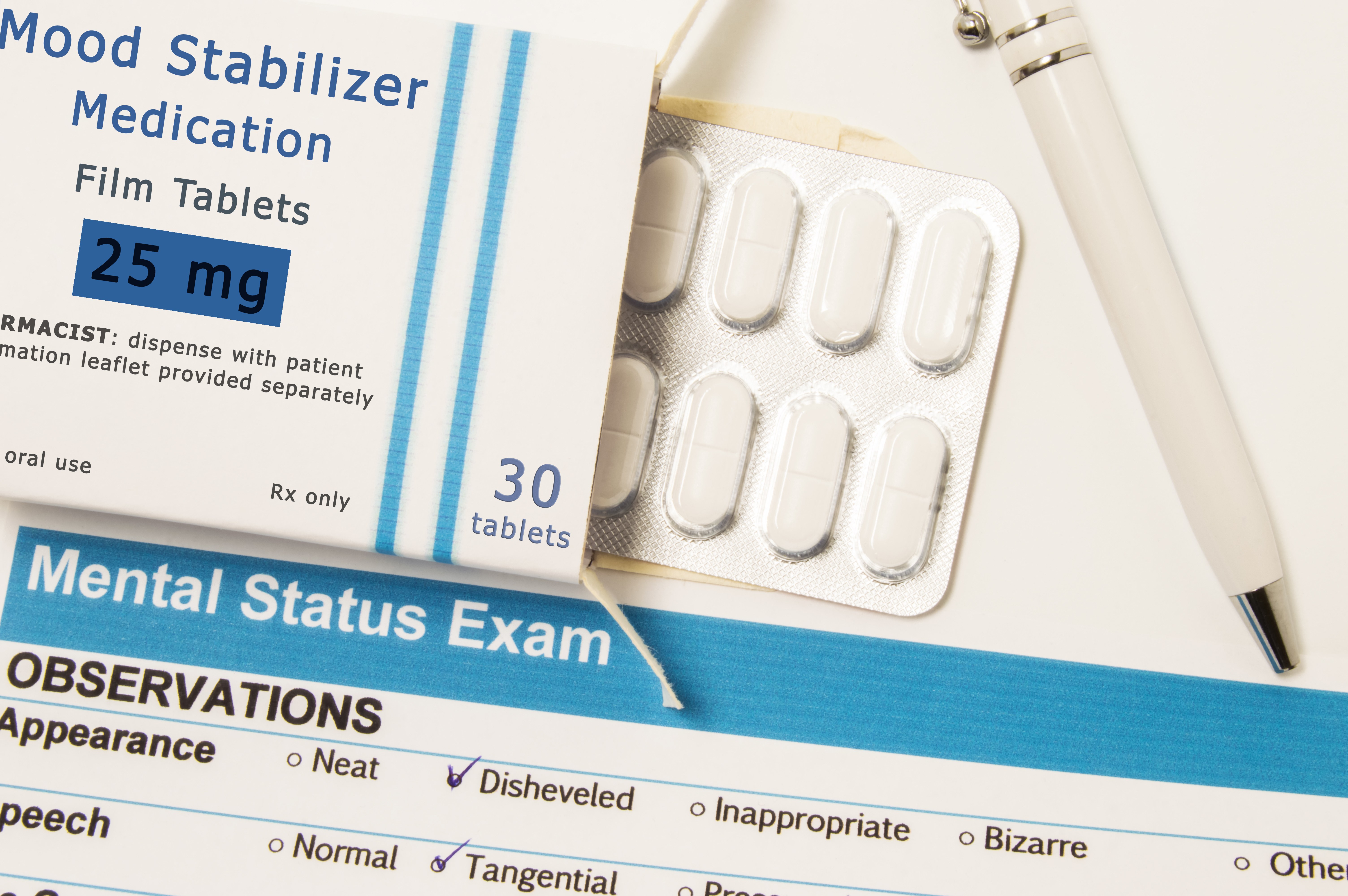Alternative medications
Alternative medications are investigated as a possible replacement for antipsychotic medications, which can be associated with severe side effects. Alternative medications may have less debilitating side effects, and so assessing their efficacy is important.
Click on the tabs below to access the information on alternative medications.
Image: ©tamayura39 – stock.adobe.com
Anticonvulsants
What are anticonvulsants? Anticonvulsant medications influence the actions of neurotransmitters including glutamate and GABA, leading to a decrease in brain cell (neuron) excitability. Anticonvulsants may be implemented as an immediate therapy for acute symptoms of psychosis, but they may also be used as part of an ongoing treatment regime. Anticonvulsant medication assessed in this topic primarily includes carbamazepine. What is the evidence for anticonvulsants? Moderate to low quality evidence finds better response to treatment with antipsychotics than with phenobarbital, a barbituate used as an anticonvulsant, although there were more side effects with antipsychotics. There were also reduced rates of parkinsonism…

Benzodiazepines
What are benzodiazepines? Benzodiazepines have been proposed as an alternative therapy to standard antipsychotic treatments in an attempt to improve functional outcomes and treat symptoms that are not addressed by the antipsychotic medications. Benzodiazepine medications induce anxiolytic, sedative, muscle relaxant, and amnesic effects when used therapeutically. Benzodiazepines may be implemented as a short-term therapy in order to treat acute symptoms of psychosis, such as agitation or aggression. They have also been suggested as an ongoing treatment regime, as they may have fewer side effects than antipsychotics. However, the efficacy of benzodiazepines for reducing side effects of antipsychotics is unclear, as…

Cannabidiol
What is cannabidiol? The plant cannabis sativa contains over 70 different constituents, including tetrahydrocannabinol (THC) and cannabidiol (CBD), which are the most concentrated substances found in cannabis extracts. Recreational cannabis use during adolescence is a well documented risk factor for schizophrenia, particularly cannabis with high THC content. While THC induces symptoms in healthy volunteers that resemble psychosis, CBD interferes with the detrimental actions of THC in terms of psychotic proneness. Therefore, there is potential for CBD to act as an antipsychotic agent. What is the evidence for cannabidiol? Moderate to low quality evidence is unable to determine the benefits of…

Essential fatty acids
What are essential fatty acids? Essential fatty acids have been proposed as a potential alternative treatment. The two main EFAs are omega-3 and omega-6. They are important compounds for brain function, as they have impact on membrane receptors, ion channels and synapse function, as well as neuronal development. However, they are not made in the body and must be sourced from the diet. People with schizophrenia have shown to have lower levels of these essential compounds and their products, including omega-3 products docosahexaenoic acid (DHA), eicosapentaenoic acid (EPA), its esther, ethyl-eicosapentaenoic acid (E-EPA), omega-6 product arachidonic acid (AA), and their…

Glutamate receptor modulators
What are glutamate modulators? Antipsychotic medications predominantly target the dopamine neurotransmitter system, with some efficacy for alleviating the positive symptoms of schizophrenia. However, the persistence of negative and cognitive symptoms suggests that other mechanisms are also likely to be involved. Reduction of glutamatergic N-methyl-D-aspartate (NMDA) receptor function may represent a primary neuropathology in schizophrenia. Therefore, glutamate receptor modulators have been suggested as an adjunctive therapy to standard antipsychotic treatments, when individuals have sub-optimal responses to treatment. The glutamate receptor modulators that have been trialed in schizophrenia are predominantly amino acids, and act on several different aspects of the glutamatergic neurotransmission…

Herbal medicine
What are herbal medicines? Herbal medicines have been suggested as a potential alternative treatment to antipsychotics. Herbal therapies can include traditional Chinese medicines and Indian ayurvedic therapy, as well as more common medicines such as Gingko Biloba. What is the evidence for alternative herbal medicines? Moderate to low quality evidence suggests the antipsychotic chlorpromazine may be more effective than Dang gui cheng qi tang for global symptoms. Moderate to low quality evidence suggests wendon decoction may improve global symptoms more than no treatment, but when compared to antipsychotics, there were no differences in symptoms. However, there were fewer extrapyramidal and…

Mood stabilisers
What are mood stabilisers? Mood stabilisers, including lithium and anticonvulsants such as carbamazepine have been proposed as an alternative therapy to standard antipsychotic treatments when individuals have sub-optimal responses to treatment. Mood stabilisers may be implemented as an immediate therapy for acute symptoms of psychosis, but they may also be used as part of an ongoing treatment regime. Mood stabiliser medications assessed in this topic include lithium as well as anticonvulsant medications. What is the evidence for mood stabilisers? Moderate to high quality evidence suggests a large effect of greater improvement in overall symptoms with antipsychotics than with lithium. Moderate…

Serotonin modulators
What are serotonin modulators? Serotonin is a neurotransmitter. Atypical antipsychotics are thought to have some affinity for serotonin 5-HT receptors, for example clozapine, quetiapine, and olanzapine, among others. This suggests a potential for the use of serotonin-specific medications in the treatment of schizophrenia. What is the evidence for serotonin modulators? Low quality evidence is unable to determine any benefit of Ondansetron as an alternative to antipsychotics. October 2020
Green - Topic summary is available.
Orange - Topic summary is being compiled.
Red - Topic summary has no current systematic review available.
